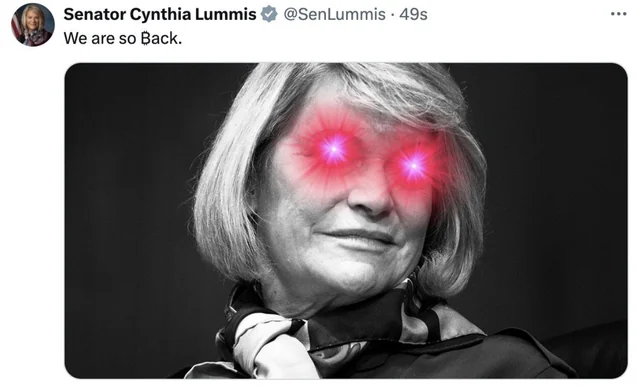Utah is inching closer to becoming one of the first U.S. states to officially invest public funds in Bitcoin. The state’s “Blockchain and Digital Innovation Amendments” bill, also known as H.B. 230, took a significant step forward this week, advancing to the Senate Revenue and Taxation Committee after its first reading on February 7. The bill, which passed the House with a strong 8-1 vote last month, now stands on the brink of giving Utah’s state treasurer the green light to allocate public funds into the world of digital assets.
The bill, introduced by Utah Representative Jordan Teuscher on January 21, proposes to authorize the state treasurer to invest up to 5% of public funds into “qualifying digital assets.” These aren’t just any cryptocurrencies—the bill specifies assets with an average market capitalization of over $500 billion in the past 12 months or select stablecoins. Given Bitcoin’s dominance in the crypto market, it stands as the primary candidate for this groundbreaking investment.
National Trend of State-Level Bitcoin Reserves
Utah’s legislative efforts align with a broader national trend, as numerous U.S. states explore the creation of strategic Bitcoin reserves. Recent analyses indicate that 18 states have introduced bills aiming to establish such reserves. Collectively, these initiatives could result in the acquisition of approximately 247,000 bitcoins, representing an estimated $23 billion investment based on current market values. States actively considering these measures include Massachusetts, Ohio, Texas, Illinois, North Carolina, and Florida.
While Utah’s bid to hold Bitcoin in its treasury inches forward, a much bigger movement is brewing on the federal level—one that could see the U.S. government amassing a Bitcoin reserve of its own. The conversation isn’t just speculative anymore; it’s picking up serious momentum in Washington.
At the forefront of this push is Senator Cynthia Lummis of Wyoming, a long-time crypto advocate who was recently appointed to chair the newly formed Senate Banking Subcommittee on Digital Assets. Lummis has been a vocal supporter of integrating Bitcoin into national financial strategies, and now, with her new position, she’s poised to take that advocacy to the next level.

The federal enthusiasm for Bitcoin doesn’t end with Lummis. In a joint press conference in Washington in early February, David Sacks, newly appointed “crypto czar” under President Donald Trump’s administration, laid out the government’s broader pro-crypto game plan.
Flanked by key congressional leaders, Sacks highlighted that one of the new administration’s top priorities is to assess the feasibility of establishing a U.S. Bitcoin reserve—potentially as part of a newly proposed sovereign wealth fund. When asked directly about crypto’s role in this fund, Sacks didn’t mince words.
“We’re still waiting for some cabinet secretaries on the working group to be confirmed,” he said. “But once that’s in place, one of our first steps will be assessing the feasibility of a Bitcoin reserve.”
This initiative aligns with Trump’s recent pivot toward a more crypto-friendly stance. With the 2024 presidential election behind him, Trump has been keen on making the U.S. the “crypto capital of the world,” as he often declares at rallies.
Implications for the Cryptocurrency Market
Should Utah’s bill become law, it could mark a pivotal moment for Bitcoin’s mainstream adoption. A state-backed Bitcoin reserve wouldn’t just boost investor confidence but could also stabilize Bitcoin’s market volatility by introducing long-term holders into the mix.
With Bitcoin currently hovering around $96,199.34—as shown in recent market data—the news of potential state-level investments could serve as a catalyst for future price movements.
Quick Facts:
- Utah’s House Bill 230 has advanced to the Senate Revenue and Taxation Committee.
- A total of 18 U.S. states are considering bills to establish Bitcoin reserves.
- Federal Advocacy Senator Cynthia Lummis leads federal efforts with a proposal for the U.S. government to acquire bitcoins.
- Institutional adoption of Bitcoin reserves could enhance market liquidity and serve as a strategic hedge against economic uncertainties.





